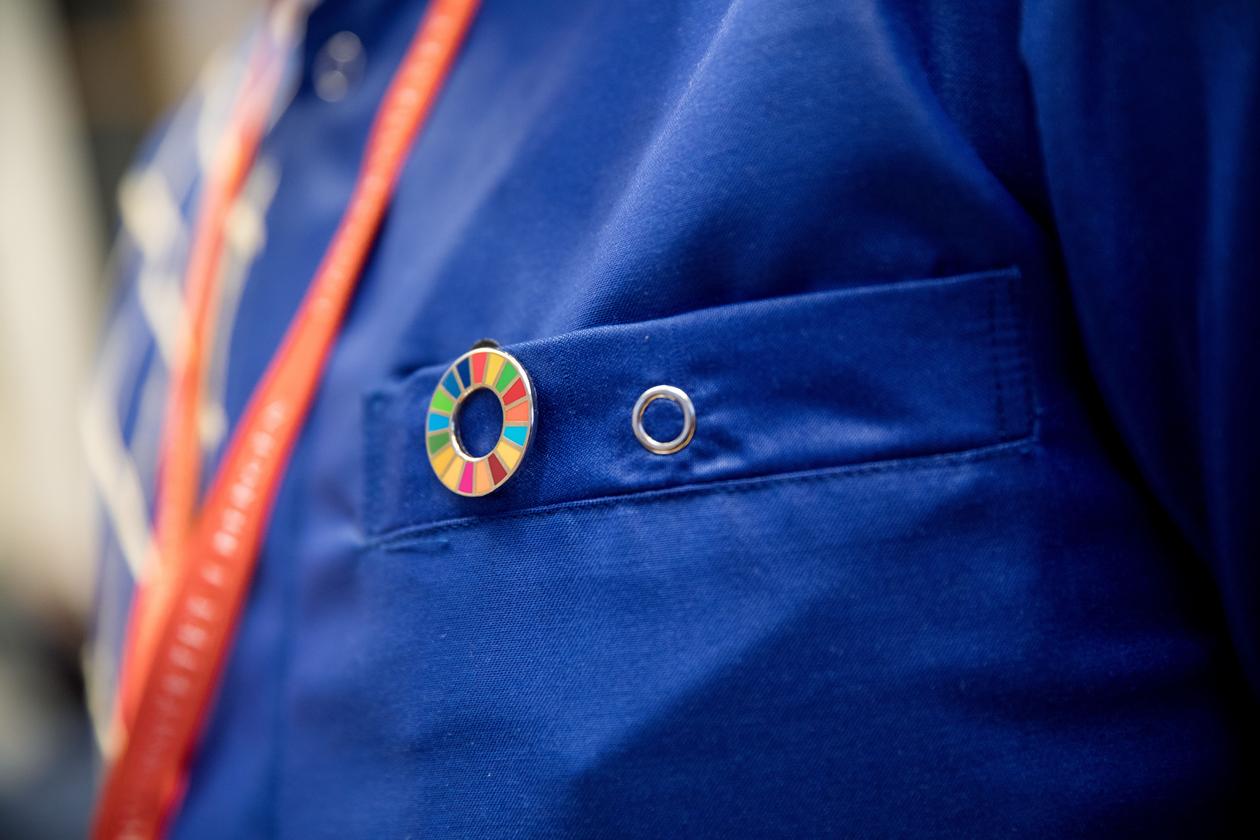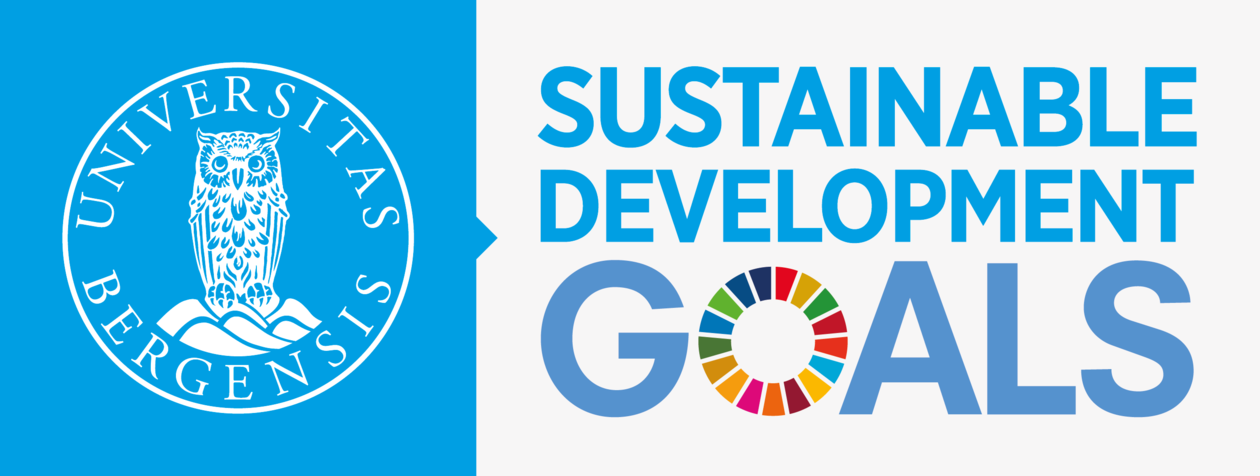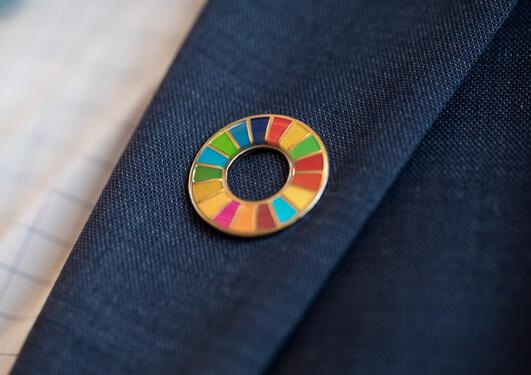UiB among top 100 SDG-oriented universities
For the second year running the University of Bergen is ranked in the top 100 THE University Impact Rankings. The rankings are based on how oriented a university is towards the Sustainable Development Goals (SDGs) and social responsibility.

Main content
This is the second year the Times Higher Education (THE) University Impact Rankings take place. Last year approximately 470 universities participated in the rankings, this year the number has grown to around 800. Last year the University of Bergen (UiB) was number 53, whereas this year the university is ranked number 85.
“We are fairly pleased with a position among the 100 leading SDG-oriented universities in the world. Considering that there is more competition this year, with more universities taking part, we are satisfied with our position,” says Vice-Rector for Global Relations Annelin Eriksen, “it is particularly pleasing that we have a higher points score in this year’s ranking, even though we drop a few places.” (See FACTS section.)
Eriksen believes rankings like these must be taken with a pinch of salt and that there is some scepticism in academic circles to the value of such rankings, which can sometimes be vague and limited in value in their rankings.
“UiB does a lot on issues of sustainability and the SDGs which is not captured by a ranking such as this,” says the vice-rector pointing to courses and the development of new SDG-related study programmes at the university, “and this work is not necessarily to climb in rankings but builds on our engagement with urgent societal questions and how to build study programmes securing comprehensive competence in sustainability related disciplines for our students. We want to ensure that research-based knowledge is part of our basis for our work on the SDGs in the years leading up to 2030.”
For the second year running UiB is the only Norwegian university to partake in the THE University Impact Rankings.
“Despite some scepticism we have chosen to submit data for this ranking, as we are conscious about the SDGs. By offering data and input, we believe it is possible to influence THE on how they measure sustainability and the SDGs,” says Vice-Rector Annelin Eriksen.

